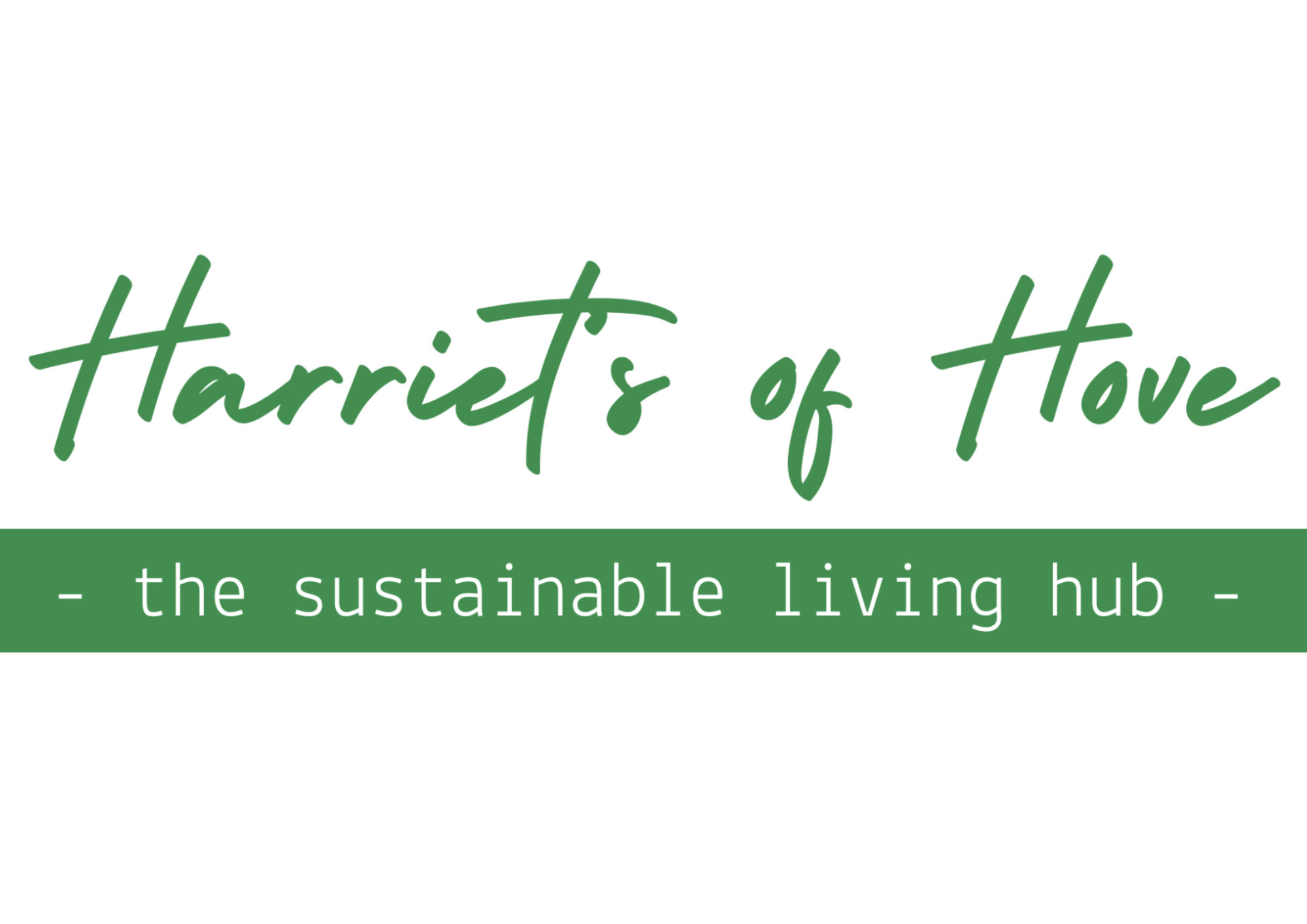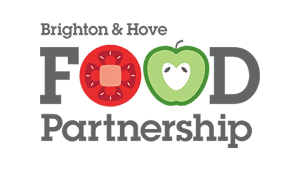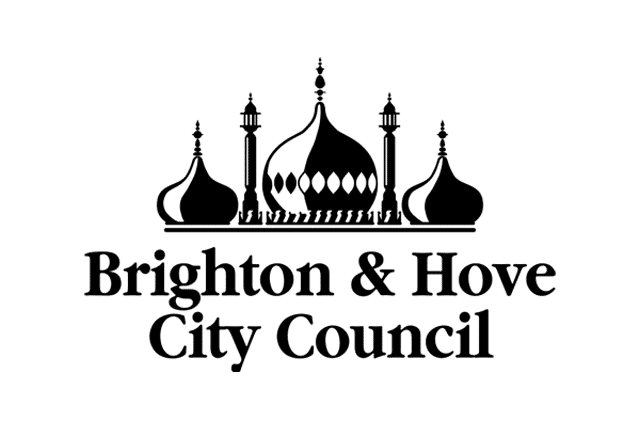Each week Redroaster would produce 3 wheelie bins of plastic waste from milk containers. By moving to pergals that went down to 1 wheelie bin.
“Until we asked the question, we didn’t know they [Northiam dairy] had milk in a bigger quantity, in a box.” – Diana, founder, Redroaster
Milk Plastics
Redroaster use about 100 litres of dairy milk across 3 sites. Milk was being delivered in plastic bottles which created 3 wheelie bins a week of plastic waste.
What is a Pergal
- A pergal is a bag-in-box of milk. Each ones replaces 13 plastic bottles.
- You can use a pergal machine but that is an additional cost and Redroaster use clamps and refillable jugs.
About Redroaster
- Three venues: Lucky Beach, St Jame’s Street, Dome.
- Combined capacity of 300 covers
- first venue opened 25 years ago
“The impact we have as one restaurant is very small, but there are hundreds of restaurants in Brighton. Imagine if we all started using pergals and reducing the use of milk bottles. For us, that is 2 wheelie bins a week so imagine how over 100 restaurants could reduce that plastic consumption.” – Diana, founder, Redroaster









